
The controversial All States building at Kejetia in Kumasi is to be demolished to pave way for the construction of Community Facilities (under the Phase II of Kejetia Market Infrastructure) outside of the Kejetia Terminal to enhance their operations.
Its demolition would provide space for the construction of a multi-storey car park to cater for the needs of shop owners, shoppers, as well as the general public for the Kejetia project, and to ease inner-city congestion.
The Mayor of Kumasi disclosed that the decision comes after the owner had agreed to its demolition, following an intervention by Otumfuo Osei Tutu II, the Asantehene.
He said the building would be revalued to attract adequate compensation for the owner.
The project, which started on July 14, 2015, was expected to be completed on January 18, 2018, but the non-availability of the entire site to the contractor has resulted in a delay.
The contractor has, therefore requested for an additional six months extension of time. With the intended demolition of the All States building, the pace of work on the project is assured.
Ownership of the All States building had since 2009 been in dispute, when the KMA contemplated revoking a Memorandum of Understanding (MoU) entered into by the two parties, per its then Chief Executive, Mr. Maxwell Kofi Jumah, and All State Construction, in which public land was leased to one Nana Asante for 40 years, because the MoU was administered outside the assembly and legal framework.
The proposed investigations then were to border on the award of contracts and issue of leases to developers by the KMA, which resolved to review and regularise "dubious" contracts and agreements by previous administrations.
The regularisation and review of contracts were premised on the fact that most of the contracts and agreements, including Build Operate and Transfers (BOT), had not followed due process, and that about 90% of KMA contracts and agreements are in breach of the procedures, and stand the chance of being abrogated.
The position of the assembly was on the strength of the Local Government Act 462 of 1993, and sections of the Standing Orders of the Metropolitan/Municipal and District Assemblies (MMDAs).
Section 4 (i) Act 462, which dwells on the incorporation of the assembly, states that "Each District Assembly shall be a body corporate with perpetual succession and a common seal, and may sue or be sued in its own name."
Section 64 of the Standing Orders provides that "For the purpose of sealing contracts, bye-laws agreements, and other formal documents, the Common Seal shall be cast in brass metal in round or oval shape", while Section 66, sub-section 2 points to the role of the Presiding Member and the Secretary of the Assembly. "The Presiding Member and the Secretary of the Assembly shall, by their signatures, authenticate the affixing of the Common Seal."
But efforts by the Serious Fraud Office in Kumasi to launch investigations into the bizarre contract entered into by the KMA and Nana Asante hit the rocks.
Mr. Andrew Asiamah, then Metro Development Control officer of the KMA, denied any such contract between the KMA and All State Construction.
According to him, the KMA had facilitated the issue of a building permit to All State Construction by the Kumasi Planning Committee (KPC), which, he said, was technically and legally wrong.
He said when the KPC initially raised the question of ownership of the said land lying opposite the Kumasi Children's Hospital at Adum, the KMA, per the then MCD, one Mr. A. A. Ampong, indicated in a letter that the KMA had entered into an MoOU with All State Construction, even though a check at the legal department of the KMA proved that no lease stands in the name of the said land in dispute.
The only available document could only pass as a tenancy agreement or Memorandum of Understanding, The Chronicle learnt at the time.
Read Full Story

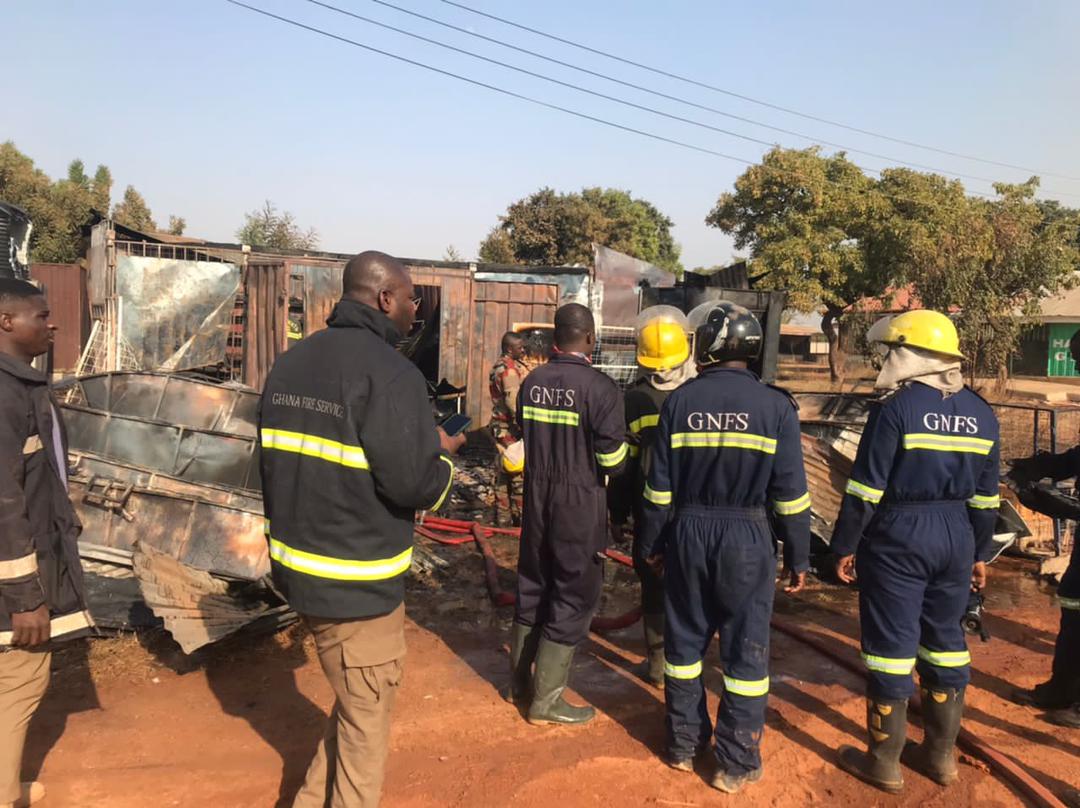
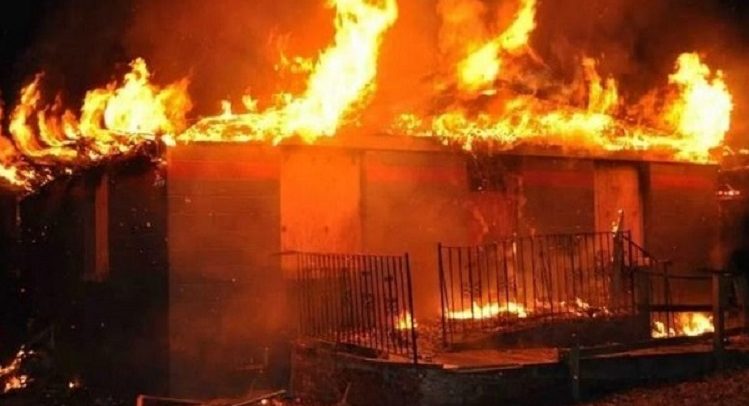
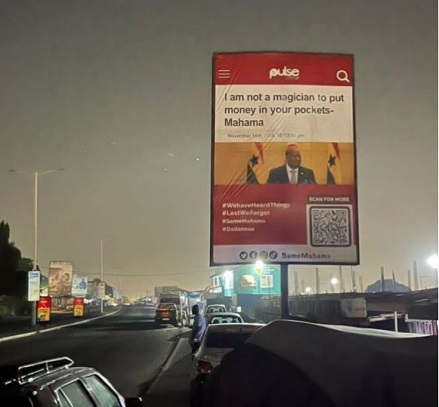







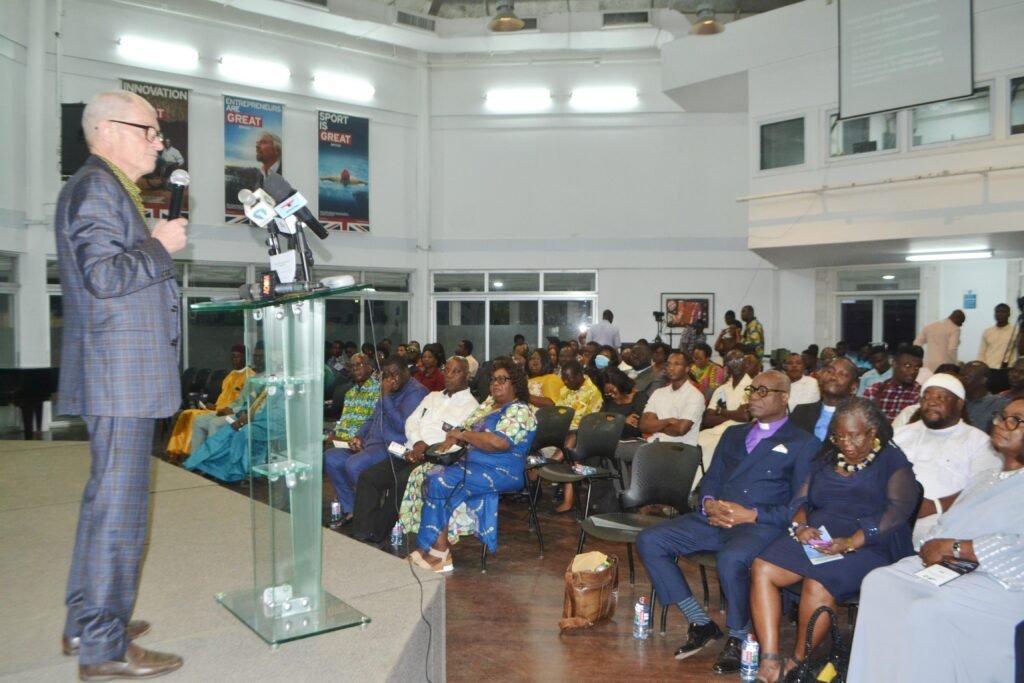

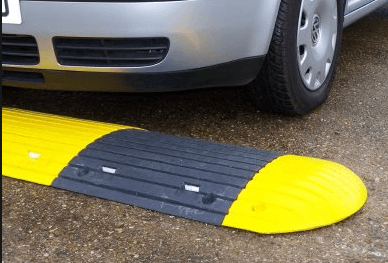



Facebook
Twitter
Pinterest
Instagram
Google+
YouTube
LinkedIn
RSS